[vc_row][vc_column width=”2/3″][vc_column_text][vc_row][vc_column width=”2/3″][vc_single_image image=”5885″ img_size=”4200×2550″ alignment=”center” onclick=”link_image” css_animation=”appear”][vc_tta_accordion style=”outline” shape=”square” color=”mulled-wine” spacing=”3″ c_position=”right” active_section=”1″ no_fill=”true” title=”RESEARCH AND EDUCATIONAL EVALUATION”][/vc_column_text][vc_tta_accordion style=”outline” shape=”square” color=”mulled-wine” spacing=”3″ c_position=”right” active_section=”1″ no_fill=”true”][vc_tta_section title=”STUDENT PROGRAM LECTURERS” tab_id=”1615287275936-20554aa0-2e11″][vc_column_text]
Student Program Lecturers
| NO | NAMA | STATUS |
| 1. | 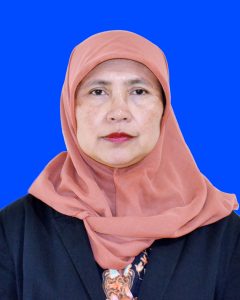 Dr. Wardani Rahayu, M.Si. Dr. Wardani Rahayu, M.Si. |
Permanent Lecturer |
| 2 |  Dr. Yuliarti Sastrawijaya, M.Pd. Dr. Yuliarti Sastrawijaya, M.Pd. |
Permanent Lecturer |
| 3 | 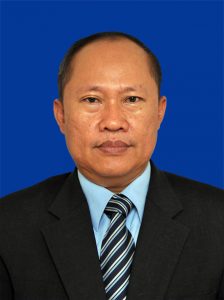 Prof. Dr. Komarudin, M.Si. Prof. Dr. Komarudin, M.Si. |
Permanent Lecturer |
| 4 | 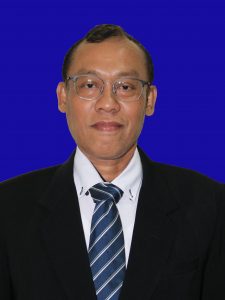 Dr. Agus Dudung R, M.Pd. Dr. Agus Dudung R, M.Pd. |
Permanent Lecturer |
| 5 | 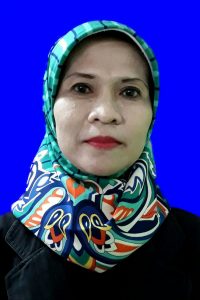 Dr. Dinni Devy Triana, M.Pd. Dr. Dinni Devy Triana, M.Pd. |
Permanent Lecturer |
| 6 | 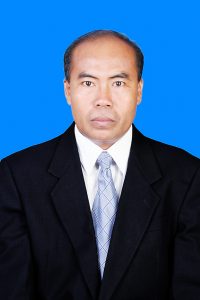 Dr. Anan Sutisna, M.Pd. Dr. Anan Sutisna, M.Pd. |
Permanent Lecturer |
| 7 | 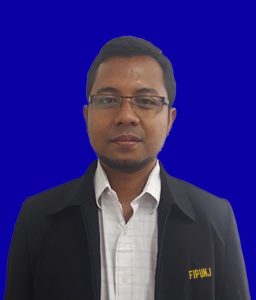 Dr. Aip Badurjaman, M.Pd. Dr. Aip Badurjaman, M.Pd. |
Permanent Lecturer |
| 8 | Dr. Soeprijanto, M.Pd. | Permanent Lecturer |
| 9 | 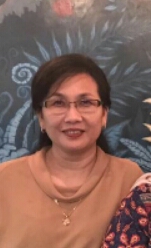 Dr. Pinta Deniyanti, M.Si. Dr. Pinta Deniyanti, M.Si. |
Permanent Lecturer |
| 10 | 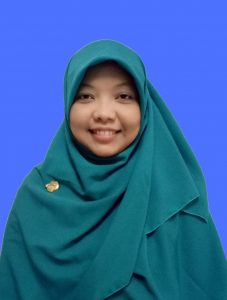 Yuli Rahmawati, Ph.D Yuli Rahmawati, Ph.D |
Permanent Lecturer |
[/vc_column_text][/vc_tta_section][vc_tta_section title=”COURSE” tab_id=”1615287275936-1f0d0f93-fb09″][vc_column_text]
- General Course
-
Code Courses SKS 99008113 Philosophy Science 3 credits 99008123 Research Methodology 3 credits 99008133 Statistics 3 credits 99008143 Indexed Scientific Article Writing 3 credits - Expertise Course
-
Code Courses SKS 99128113 Classic Test Theory 3 credits 99128123 Measuring Instrument Construction 3 credits 99128132 Class Rating 3 credits 99128143 Experimental Design 3 credits 99128153 Program Evaluation 3 credits 99128163 Qualitative Research Methodology in Education 2 credits 99128183 New Orientation in Educational Psychology 3 credits 99128193 Research and Evaluation Education Colloquium 3 credits - Elective Courses
-
Code Courses SKS 99128412 Test Management 3 credits 99128423 Non-Parametric Statistics 3 credits 99128433 Regression Analysis 3 credits 99128443 Introduction to Item Response Theory 3 credits 99128453 Structural Equation Modeling 3 credits Select one course from the Selected Courses available - Matriculation Courses
-
Code Courses SKS 99008013 Foundation of Education* 3 credits Note: * implemented before semester 1 lecture
- Thesis
-
Code Courses SKS 99008918 Thesis 8 credits
[/vc_column_text][/vc_tta_section][vc_tta_section title=”ACCREDITATION” tab_id=”1615287464297-38436425-c553″][vc_column_text]Berdasarkan SK BAN-PT dengan No. 316/SK/BAN-PT/Akred/M/I/2018, Program Studi S2 Penelitian dan Evaluasi Pendidikan terakreditasi B yang berlaku dari 16 Januari 2018 sampai dengan 16 Januari 2023.[/vc_column_text][/vc_tta_section][vc_tta_section title=”CURRICULUM” tab_id=”1615287474038-5a82839e-ebe2″][vc_column_text]
Master’s Course Curriculum of Postgraduate Universitas Negeri Jakarta
The Postgraduate Curriculum of UNJ is prepared by the Study Program to achieve graduate learning achievement (CPL). CPL contains the following principles.
- Mastery of course learning achievement (CPMK)and its application, which is guaranteed by language skills, mathematical logic basics, and academic skills according to their area of expertise.
- Attention to personal, social, and physical growth as a tribute to integrity, commitment, excellence, and acceptance of talents and limitations.
- Develop a habit of reflecting on experiences, seek new experiences, and be willing to take risks from exploring career and lifestyle choices according to a specific value framework, and being open to new developments in academic and career frameworks.
- Flexible and open to others’ views, eager to learn from others and able to accept the advantages and disadvantages of others, free-authentic in expressing feelings, and managing their emotions.
- Appreciating the life of faith and intellectual activity that develops in a unified way of human life based on religion’s teachings in life.
- Open to the plurality of various religious traditions and appreciate the experience of others’ diversity through the mechanism of tolerance of religious life in developing an independent and intelligent social maturity based on a commitment to caring of human rights.
Master’s Program Curriculum
The curriculum component of the master’s program contains the following.
- General Subjects (Courses) is a general knowledge that understands the establishment of the ability to develop science so that it is skilled in working following the basis of the science master. General Subjects (Courses)s are directed at establishing the ability to carry out, organize, and manage research programs following the educational objectives of master’s programs. General Subjects (Courses)s must be mastered by each master’s program magister participant from the entire course.
- Major Course is a group of courses that aims to produce experts with work based on the knowledge and skills mastered.
- Elective Courses are part of the Study Program Course group and the Education Basic Subjects. Students select this course following the field of thesis study.
- Matriculation courses area group of courses that must be taken by students who come from non-educational programs and educational programs that are not afield. This course provides a foundation of educational knowledge that must be mastered as a reference for mastery of educational theories.
- The thesis results from scientific work based on the research results that meet the criteria of scientific research and discipline of the study program to solve problems and disclosure a scientific finding or development of a new concept.
[/vc_column_text][/vc_tta_section][/vc_tta_accordion][vc_tta_accordion style=”outline” shape=”square” color=”mulled-wine” spacing=”3″ c_position=”right” active_section=”1″ no_fill=”true”][/vc_tta_accordion][/vc_column][/vc_row]
